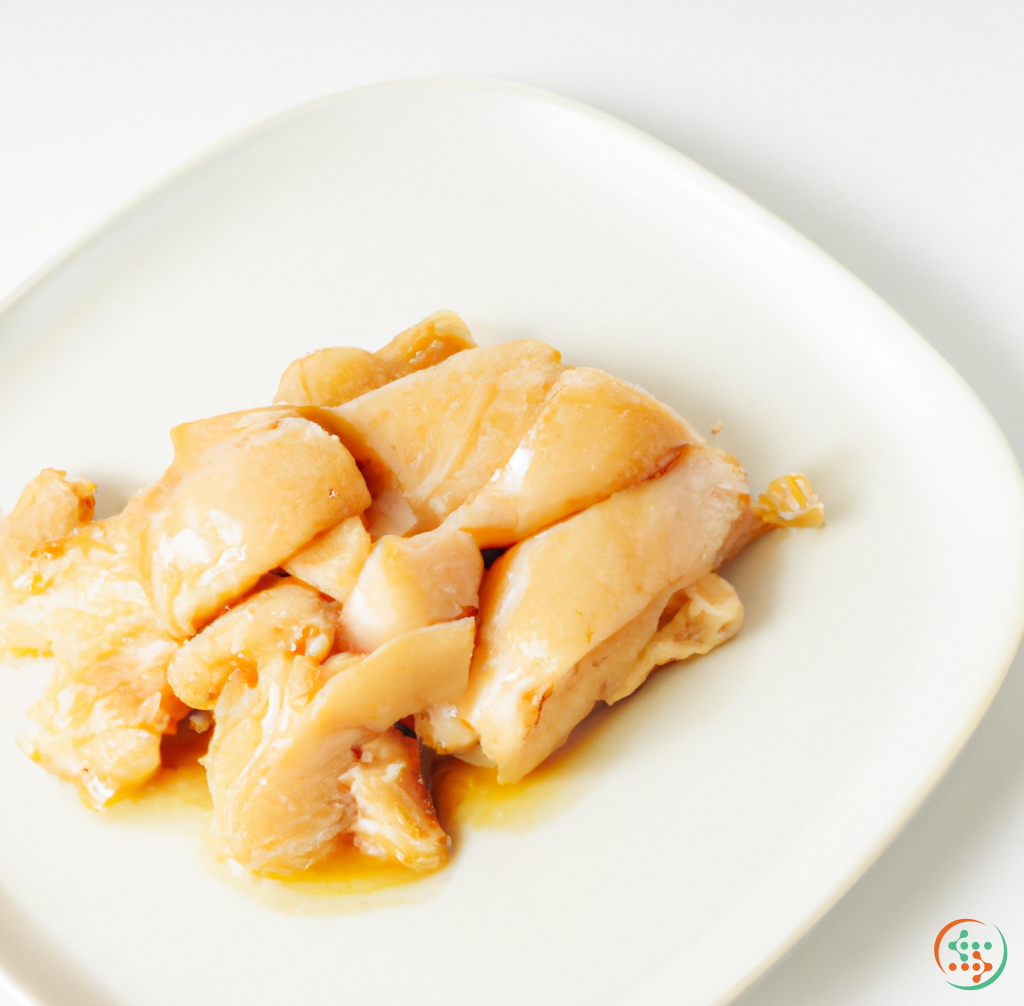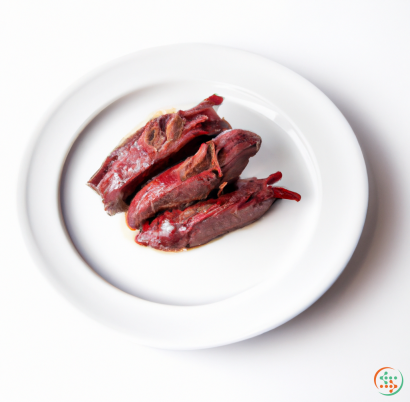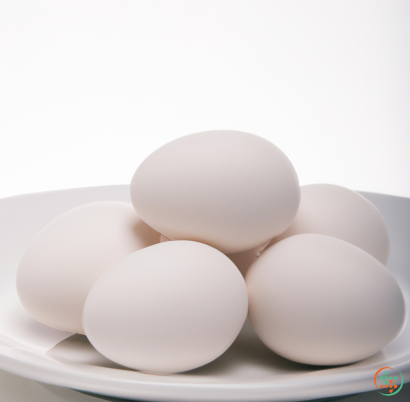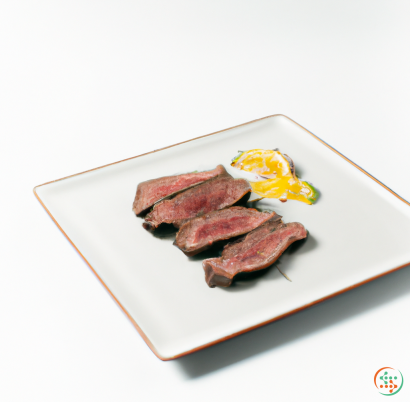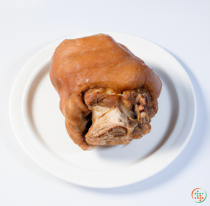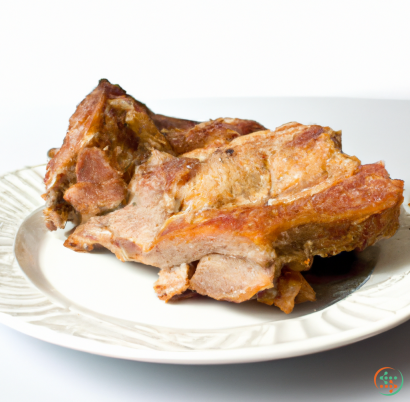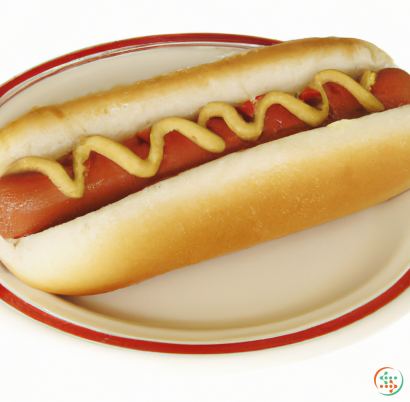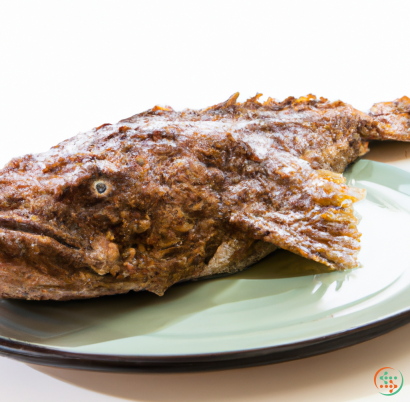Chicken Fat: Complete Vitamin Profile
Chicken Fat: Considered a good source of vitamins?
Chicken fat is not a good source of vitamins. It contains little or no vitamins such as vitamin A, B-complex, C, D and E. Vitamin content varies depending on the chicken's diet, but most sources report minimal amounts present in the fat. Besides the lack of vitamins, chicken fat also has a high saturated fat content, which can lead to an increase risk for heart disease. Therefore, it is best to avoid using chicken fat as a source of vitamins, and instead look for other alternative sources like whole grains, fruits, vegetables, beans, nuts and seeds, fish, and lean meats.
Chicken Fat ‐ Vitamin Information
Introduction
Chicken fat is one of the most widely used cooking fats and is a common ingredient in many recipes. It is composed primarily of triglycerides, which means molecules made up of three fatty acid chains bonded to glycerol. One of the prominent components of chicken fat is oleic acid (C18H32O2), an unsaturated omega-9 fatty acid found in foods like olive oil, avocados, and sunflower oils. Chicken fat also contains other fatty acids such as linoleic acid (C18H32O2), a polyunsaturated omega-6 fatty acid, palmitic acid (C16H32O2), a saturated fatty acid, and stearic acid (C18H36O2), another saturated fatty acid. In addition to these essential fatty acids, chicken fat also provides essential vitamins which are important for many bodily functions.
Vitamin A
Vitamin A is an essential nutrient that is necessary for optimal health. This vitamin plays a role in maintaining healthy skin, vision, and reproductive systems. Vitamin A can be found in animal sources such as chicken fat, liver, and egg yolks; however, it is not readily available from plant sources. Vitamin A is found in chicken fat in the form of retinoids, including all-trans-retinol and its esters. The mean concentration of total retinoid content (all-trans-retinol and its esters) in chicken fat was found to be 14.57 micrograms per gram. Of this, all-trans-retinol accounted for 12.85 micrograms per gram while its esters accounted for 1.72 micrograms per gram. This form of vitamin A is readily absorbed and utilized by the body, making it easily accessible for those consuming chicken fat.
Vitamin D
Vitamin D is a fat soluble vitamin that promotes bone mineralization, immune system function, and cellular growth and differentiation. Sources of vitamin D include fish, eggs, fortified milk, and exposure to sunlight. Chicken fat has been identified as containing 23 ng/g of vitamin D3. This form of vitamin D is the storage form of the vitamin and can be converted into the active form - calcitriol - if needed by the body. Due to the concentrations present in chicken fat, it serves as a good source of preformed vitamin D that can quickly be put to use by the body.
Vitamin E
Vitamin E is a fat soluble antioxidant vitamin and is known to protect cells against free radicals and oxidative damage. Sources of this nutrient include vegetable oils, nuts, seeds, and some meats. Chicken fat is known to contain ?-, ?-, ?-, and ?-tocopherol at levels ranging from 0.40 to 3.74 mg/kg. These values are much higher than beef or pork fats. Studies have shown that consumption of products high in tocopherols diminishes the accumulation of tocopheryl quinone and lipid peroxidation in the neck region of chickens. Thus, consumption of vitamins found in chicken fat like tocopherols could protect humans from similar negative effects due to oxidation.
Vitamin K
Vitamin K is another fat soluble vitamin that is largely found in leafy green vegetables, cow’s milk, and certain cheeses. Additionally, it is present in chicken fat at lower levels compared to other food sources. Among all the forms of vitamin K detected in chicken fat, only phylloquinone has significant nutritional benefits as it plays a role in clotting factor activation. Its presence in chicken fat accounts for approximately 5-10% of dietary intake among individuals who consume it regularly. However, since the range of dietary sources of vitamin K is wide, inadequate intake is rare among individuals residing in industrialized countries.
Conclusion
In conclusion, chicken fat is rich in essential vitamins required for numerous biological processes. These essential vitamins include vitamin A, vitamin D, vitamin E, and vitamin K. While there are multiple sources of vitamins extant in nature, chicken fat remains a viable option for providing a concentrated source of these vitamins to meet our dietary needs. The fat provides both pre-formed and precursor forms of each vitamin thereby allowing for better absorption and utilization by the body. As long as dieters consider their total fat requirements and take into account the calories associated with consuming excessive amounts of chicken fat, it can provide essential nutrients without compromising on taste.
| Vitamin D | 0.0048 mg | |
| Vitamin D3 | 0.0048 mg | |
| Vitamin E | 0.0027 grams | |
| Vitamin B4 | 0.1224 grams |
